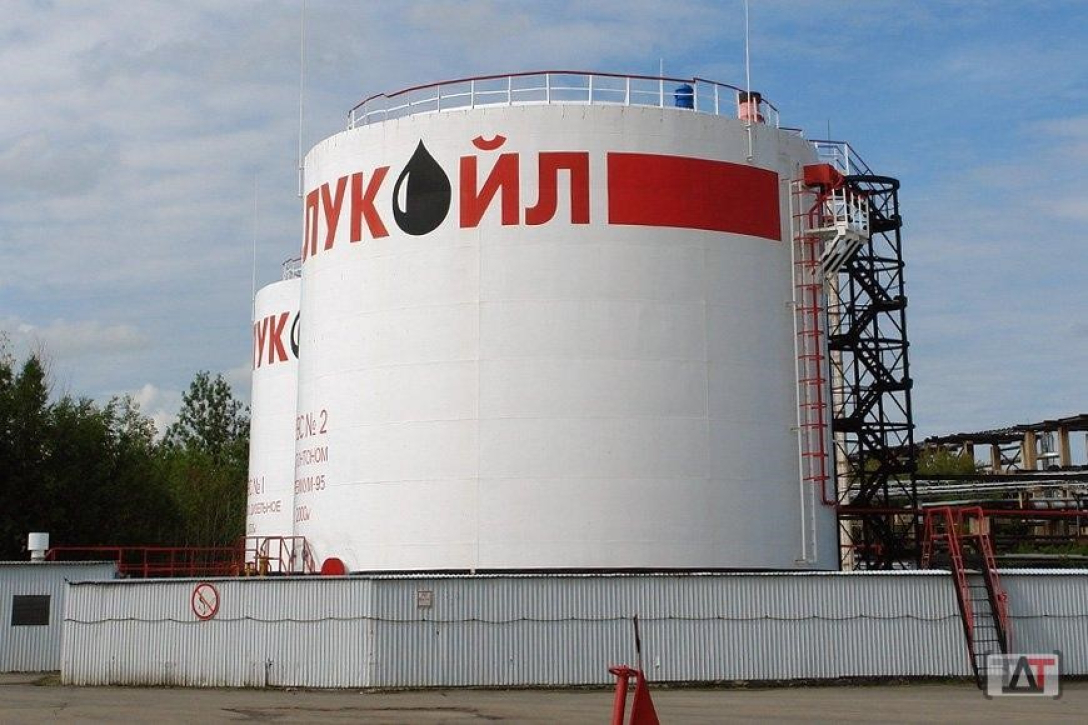Ukraine continues to supply Russian oil to the EU: reasons behind this and when the transit will come to a halt.
Oil transit from Russia to European countries continues in 2025. Experts note that this allows the aggressor country to keep earning oil dollars. Meanwhile, officials refer to international agreements, justifying the necessity of continuing the transit of Russian oil through the "Druzhba" pipeline. What is happening, and is a decision to completely halt the transit of Russian oil across Ukraine possible?
Volumes Decline: How Much Oil Russia Sells to the EU via the "Druzhba" Pipeline
Over the past year, Ukraine transported approximately 11.36 million tons of Russian oil through the southern branch of the "Druzhba" pipeline, with a total of 39.4 million tons of oil from Russia sent to Europe between 2022 and 2024. This was reported in a piece by ExPro Crude Oil & Condensate Weekly.
Compared to 2023, transit volumes have dropped by 16%. The highest amount of Russian oil was delivered to Hungary last year—over 4.7 million tons. Meanwhile, 3.9 million tons of oil (-15%) were transported to Slovakia, and 2.7 million tons (-35%) went to the Czech Republic.
According to ExPro's estimates, Ukraine received nearly 10 billion UAH or 250 million dollars for the transit of Russian oil in 2024.
Hungarian MOL Nyrt has signed a transit contract with "Ukrtransnafta", but Russian oil is still flowing through the pipeline via Ukraine.
Overall, the agreement for transporting Russian oil was signed in 2019 and is valid until the end of 2029. As a result of Ukraine's sanctions against the Russian company "Lukoil", starting from September 9, 2024, the new client for transportation services became the Hungarian MOL Nyrt., which purchases Russian oil at the Belarusian-Ukrainian border.

Experts believe that oil transit through Ukraine should be halted, especially considering the global trend of sanction policies against Russian oil.
"There was already a decision by the National Security and Defense Council to stop the transit of oil from the company 'Lukoil'. However, a situation arose where the oil purchase point was moved to the customs border of Belarus. Essentially, 'Lukoil' buys oil in the customs territory of Belarus, and then it is no longer 'Lukoil', but Hungarian MOL Nyrt that signs a transit contract with 'Ukrtransnafta'. But this does not change the fact that Russia continues to profit from oil sales. The only change is the contracting party with the Ukrainian company—now it is a Hungarian company," said Volodymyr Omelychenko.
To Halt or Not: What Will Happen to the Transit of Russian Oil and Whose Decisions May Impact Its Suspension
In early January, a draft law titled "On the Prohibition of Oil and Gas Transit Through the Territory of Ukraine During Martial Law" was registered in the Verkhovna Rada. The explanatory note states that throughout 2024, approximately 15 billion cubic meters of gas and 14.5 million tons of Russian-origin oil were still transiting through Ukraine, generating nearly 12 billion dollars annually for the enemy and directly replenishing its military budget (which constitutes up to 10% of the latter). "Recent studies prove that there are no longer threats to EU markets in the event of a cessation of oil and gas transit through Ukraine. Unfortunately, several EU countries (primarily Hungary and Slovakia) prioritize their short-term economic interests over EU interests and the spirit of sanctions against the Russian Federation and continue to actively purchase Russian-origin oil and gas that transits through Ukraine, even though there are opportunities to import from other sources. Thus, they keep paying billions of dollars to the aggressor, which later returns to Ukraine in the form of deadly air attacks using strike drones and missiles. The transit through Ukraine is practically a form of support for the aggressor's energy sales to fund its war budget," the explanatory note to the draft law states.
Meanwhile, Ukrainian Prime Minister Denys Shmyhal states that halting oil transit via the "Druzhba" pipeline would violate Ukraine's agreements under the Energy Charter and the Association Agreement with the European Union.

"Oil transit through the territory of Ukraine is carried out in accordance with the provisions of the Energy Charter Agreement and the Association Agreement with the EU, ensuring freedom of transit, and also complies with the conditions of the sixth package of EU sanctions," — said Shmyhal during the "question hour for the government" in the Verkhovna Rada on January 10, as reported by Interfax-Ukraine. According to him, a violation of Ukraine's international obligations could be used as grounds for holding the country accountable for stopping uninterrupted oil supplies, particularly to Hungary, Slovakia, and the Czech Republic, and for presenting corresponding financial claims after international arbitration.
Energy expert Volodymyr Omelychenko believes that Ukraine has the full right to halt the transit of Russian oil.

In his opinion, stopping transit through the "Druzhba" pipeline would align perfectly with the current global trend regarding sanction policies against Russia. "It would support this sanction policy, because otherwise it seems strange and absurd when the USA, the European Union, and other countries are intensifying oil sanctions, while Ukraine, as a victim of aggression, continues to transport Russian oil," explained Volodymyr Omelychenko. He added that it is necessary to convey Ukraine's position to European partners (regarding the halt of transit) and to adopt a decision by the National Security and Defense Council regarding sanctions against Russian oil transit.
Serhiy Makohon, former head of the "Operator of the Gas Transmission System of Ukraine" and energy expert, also states that Ukraine has the right and can stop oil transit without the risk of any legal consequences. "We can terminate this agreement under the 'force majeure' clause because the war (declared or not) is a 100% fact of force majeure. It is unlikely that Russian Transneft would gain anything in arbitration against Ukrtransnafta. There are no contracts with Europeans for the transit of Russian oil. Or Ukraine can simply impose sanctions on the transit of Russian oil. Therefore, stopping oil transit and depriving Russia of significant export revenues is entirely feasible. And this needs to be done," the expert is confident.